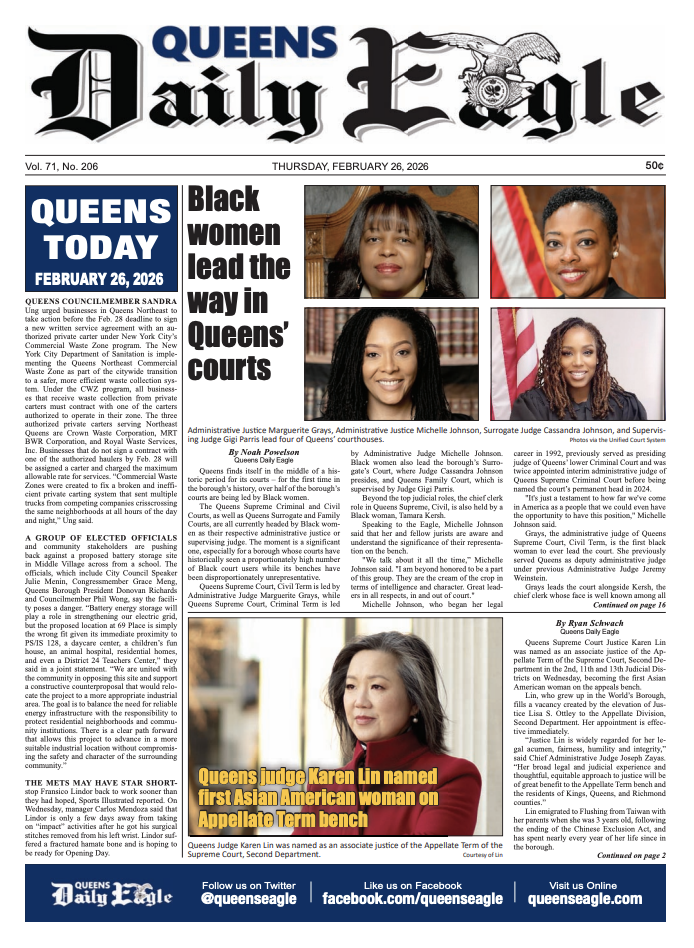Crafting a Compelling Resume
/By David Bargman
Special to the Eagle
Crafting a compelling resume is a crucial skill that can help you get a foot in the door and a seat at an interview.
Good resumes are factual, not descriptive. Your resume should recount your education and experience. Stay away from general descriptions of yourself, like self-starter, highly motivated, or team player.
Face it, you would not describe yourself as lazy and unmotivated, someone who requires a lot of supervision and is a slow study. Generalized descriptions do not serve the essential function of a resume, which is to give your potential employer useful information about you.
Clearly separate you education and professional experience.
As a rule of thumb, if you are fewer than four years post J.D., you should place your education first. After that, your professional experience becomes most relevant. Summer jobs in law school and clerkships are both jobs. Internships and research projects are education and should be designated as such.
Your resume tells your prospective employer whether you are qualified for a job. Interviewing will determine whether you are the right person for the job. Do not use your resume to persuade anyone.
As Joe Friday from Dragnet used to say, “Just the facts, Ma’am.”
The origins of the rule that a resume should be one page are lost in the mists of time.
If your job history or your list of representative transactions or cases require more than one page, provide all of the relevant history without regard to space. While you never, never omit anything relevant — such as a job to show fewer moves— you do not need to include your grade point or class rank if it will reduce your chances of being interviewed for a job for which you are qualified.
Of course, the resume needs to be legible without using a magnifying glass.
Finally, technical or personal information — like admissions, interests outside the law and languages that your speak — should be at the bottom of your resume, unless they are specific job requirements.
Less is more, a little goes a long way. Just the facts, Ma’am.
David Bargman, Esq. is president of Baum Stevens Bargman in New York.



